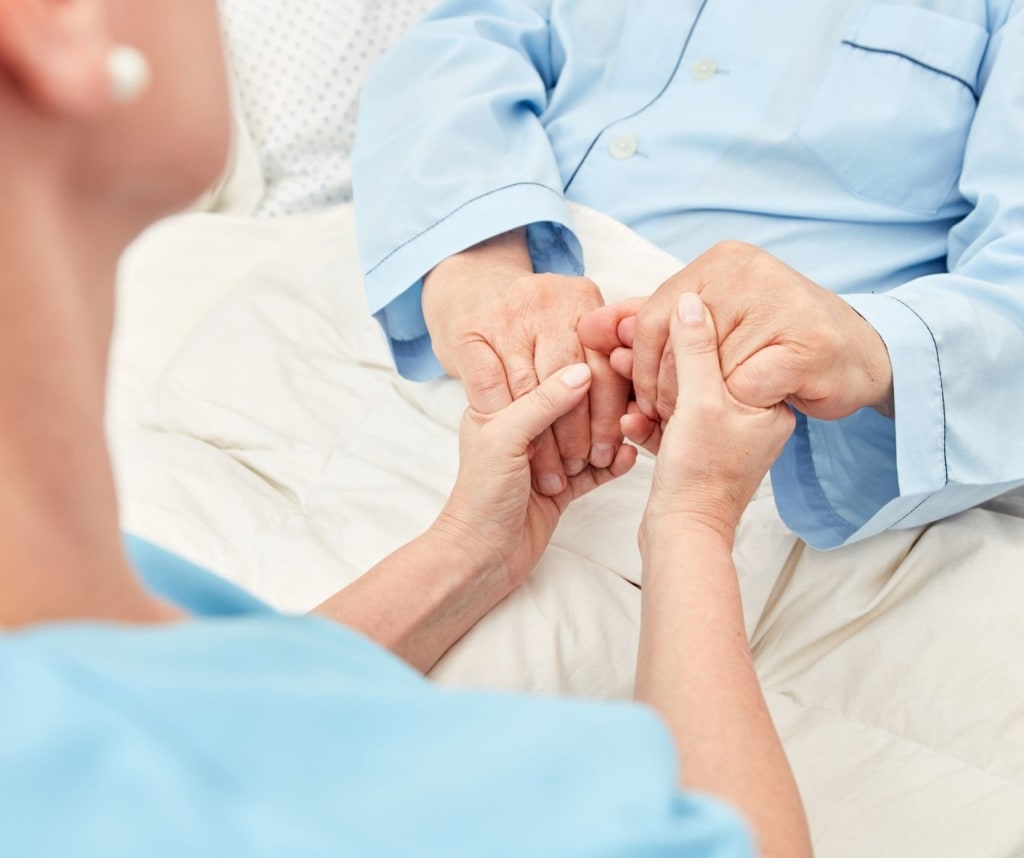Signs of Caretaker Burnout
That You Need to Be Aware Of

Burnout is a real problem when it comes to care taking. Many people are so focused on taking care of their loved ones that they forget about themselves. They continue to put their loved one's health first, and their own suffers. However, there is a chance that, if their health goes downhill enough, they won't be able to continue to take care of their loved ones.
As a caretaker, are you afraid that you are heading toward burnout? Here are some signs that you need to look out for.
Sleep problems. Caregivers who are burnt out may feel tired all the time. No matter how much sleep they get, they wake up as exhausted as when they went to bed. They may fall asleep in the middle of the day because they are just so tired. It can also go the other way. They may struggle to fall asleep and rarely get more than a few hours of sleep a night.
Lack of energy. Because they feel so tired all the time (despite getting enough sleep, or because they can't sleep), caregivers often have a lack of energy. It may feel like it takes everything that they have to get through their day.
Even worse, they may lose interest in anything other than just trying to get it all done, so they can go back to bed. They go through the motions of their day until the day is over. They don't have any time for anything fun and relaxing, which doesn't help the situation at all. You need to find joy in your life to help you through the tough times.
Feelings of hopelessness, anxiety, and depression. They may also feel hopeless that anything is going to change. They just can't imagine anything getting better. Many feel anxious all day long, just trying to get through the day. They may be worrying about paying the bills, along with the health of their loved ones. They may be seeing signs that the end is near and trying to come to grips with that fact.
Many caregivers struggle with depression. Taking care of someone who can't take care of themselves can be upsetting. Watching a loved one go downhill can really hurt. The waiting can also be very challenging.
Mood swings. Caregivers may find themselves struggling to control their moods (and temper). They may become impatient and irritable. They may yell at everyone around them for no reason. Little things set them off easily, and they can be hard to live with (or even interact with). This can occur with almost anyone that they are in contact with, including their family and the loved ones that they are taking care of.
Changes in eating habits. Some people deal with too much stress by overeating and gaining weight. Others can't eat when they feel this way, and they lose a lot of weight in a short period of time. Either issue can be really unhealthy and cause a lot of health problems down the road, so it needs to be addressed quickly.
Health problems. Finally, health problems can become a big concern. Many burnt-out caregivers struggle with stomachaches and headaches. These are a sign that your body needs a rest.
Caregivers may also notice that their resistance to illness is worse when they are overly stressed. They may seem to catch every cold and bug that goes around because their body just can't fight them anymore. When this happens, they have to be careful because they don't want to get their loved ones sick. That may have disastrous consequences.
So, what can you do if you know that you are showing signs of burnout? You need to start asking for help. You shouldn't be afraid to get some of the help that you need. Many agencies offer different packages, depending on your needs. You may even want to look into respite care, so you can get away to do your errands or even take a weekend getaway. Even a day or two away to relax can make a world of difference!
About the Creator
Shelley Wenger
Small town country girl in southern Pennsylvania. Raising two boys on a small farm filled with horses, goats, chickens, rabbits, ducks, dogs, and a cat. Certified veterinary technician and writer at Virtually Shelley.






Comments
There are no comments for this story
Be the first to respond and start the conversation.